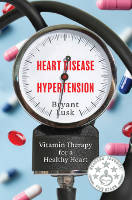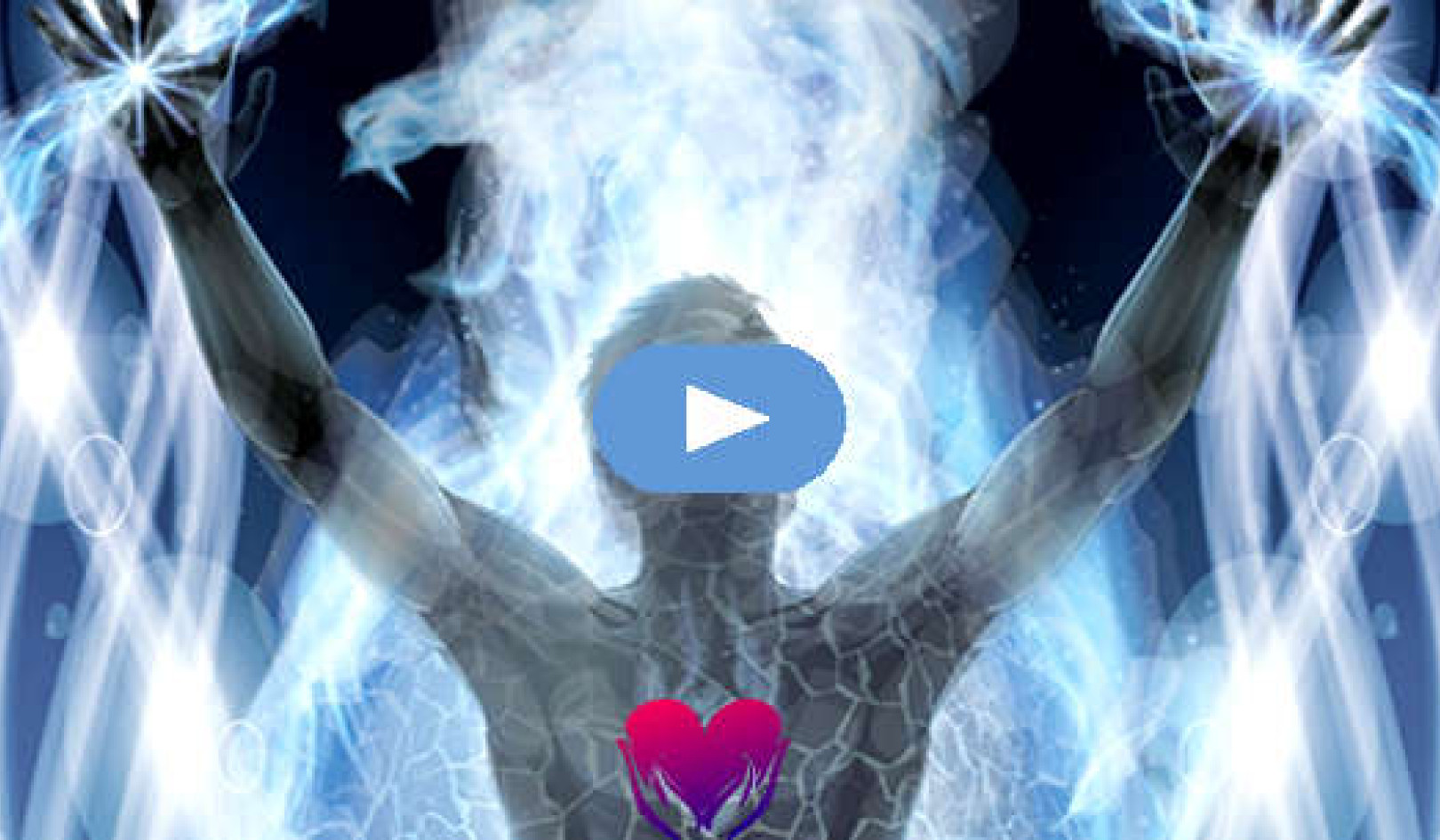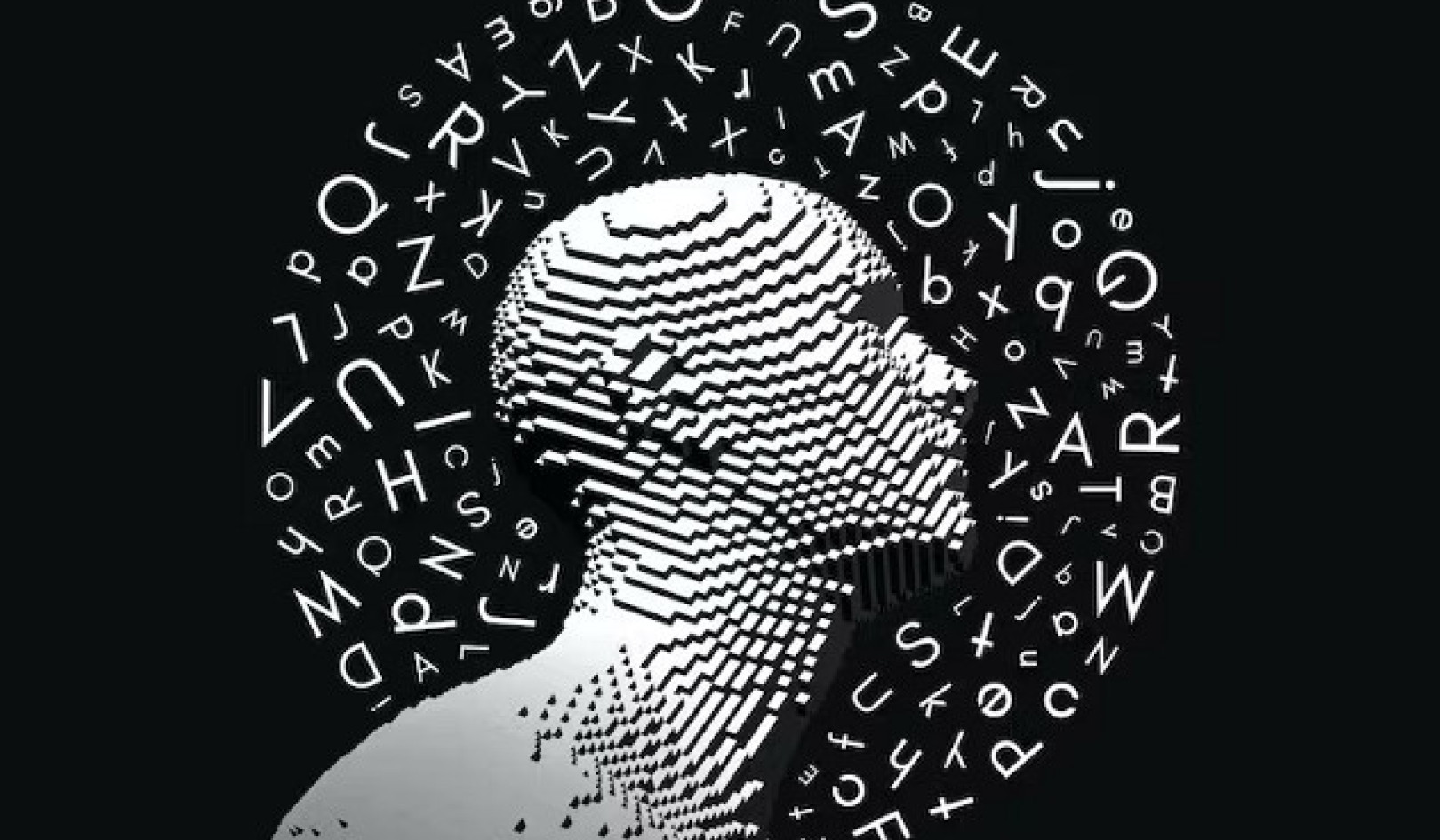
Image by Bob G
Anxiety disorders have long been associated with the early-onset and progression of cardiovascular health issues. Multiple studies associate stress, anxiety, and depression with heart failure, heart attacks, and death. High levels of anxiety were linked to a 44 percent increased risk of stroke, and 30 percent increased risk of heart attack.
Following the global outbreak of an infectious contagion, COVID-19, hundreds of millions of individuals in the US and abroad were forced into extreme living conditions in hopes of mitigating the spread of the novel coronavirus. Consequently, millions of individuals lost their jobs and businesses, and children were forced out of their schools. Toilet paper, of all things, became a rare commodity, indicative of the stress and anxiety generated by the crisis.
Additionally, COVID-19 post-traumatic stress disorder (PTSD) should be a real concern. Society may be dealing with the mental-health aftermath for years, if not decades to come. Mental health and economic challenges can negatively influence rates of obesity, substance abuse, and depression. These conditions adversely affect heart health.
Even though more research is needed to establish the full extent of the impact of anxiety and stress on the heart’s health, scientists are generally in agreement that some of the answers lie in the endocrine system. The endocrine system regulates all hormonal functions in the body. In the face of a stressful situation, the human body is wired to either defend itself or seek safety—also known as the fight-or-flight response. This survival mechanism is facilitated by adrenal glands’ release of the hormones adrenaline and cortisol.
In a study by researchers at a university hospital in Regensburg, Germany, hormonal imbalance of this nature was linked to increased inflammation in arteries. The Department of Pharmacology at the University of São Paulo noted similar effects of hormonal imbalance and inflammation. In addition to arterial inflammation, diminished hormonal regulation has been found to cause plaque buildup in arteries. These conditions lay the groundwork for heart disease risk factors such as diabetes, hardening of the arteries, and high blood pressure.
Rapid Heart Rate (Tachycardia) and Abnormal Heart Rhythms (Arrhythmia)
When facing a sudden stressful situation, there is an almost immediate sudden increase in heart rate. If the stressful event is resolved quickly, the heart rate drops without any severe consequences. However, when prolonged, anxiety and stress can lead to abnormal heart rhythms and possibly heart attacks.
Hopelessness
Some researchers have identified a correlation between a prolonged sense of hopelessness and an increased risk of cardiovascular disease. Due to the complexities surrounding this sensitive subject, individuals suffering from anxiety or a profound feeling of hopelessness will find a list of resources at the end of this article.
Coping Strategies
The Anxiety and Depression Association of America (ADAA) provides a wealth of information on this subject. Tips they offer when you are feeling anxious or stressed include:
Take a time-out. Practice yoga, listen to music, meditate, get a massage, or learn relaxation techniques. Stepping back from the problem helps clear your head.
Eat well-balanced meals. Do not miss out on any meals. Do keep healthful, energy-boosting snacks on hand.
Limit alcohol and caffeine, which can aggravate anxiety and trigger panic attacks.
Accept that you cannot control everything. Put your stress in perspective: Is it as bad as you think?”
A comprehensive list of strategies is provided on the ADAA website at https://adaa.org/tips
Toxic Relationships
Toxic relationships play a significant role in heart disease. One study found a 34 percent risk increase of heart attack or chest pain in individuals living with a toxic relationship. Many people know they are in a relationship with a toxic person yet find it difficult to dissolve the relationship for various reasons.
Toxic individuals care more about their own desires than the harm they inflict on others’ lives. They are devious, self-serving, and unapologetic—except when being manipulative. Toxic people put you on the defensive and look toward others to solve their problems. Moreover, they selfishly take far more from a person than they are willing to give. They view kindness as a trait to take advantage of versus a quality to cherish. Your health and well-being are not a priority unless it serves their agenda. Your selflessness will not change their behavior; they go through life seeking individuals to benefit from or abuse.
Toxic individuals come in many forms. The stress or anxiety they ultimately bring into your life puts you at greater risk of developing heart disease and many other ailments, including depression. They will drain you financially or emotionally and interfere with your personal and professional goals. There are few conditions worse for your heart health and mental well-being than a toxic person.
Lower your cardiovascular disease risk by identifying and removing toxic individuals from your personal life. These individuals are chameleons. Once they slither their way into your life, they may say anything to keep you or to damage your reputation once you are rid of them.
Options to Lower Your Stress and Anxiety
With the exception of toxic people, when you identify individuals in your life that may unknowingly raise your stress and anxiety levels, ask yourself what is it about the person that causes you to feel stressed or anxious? Determine if engaging in an open and honest conversation with the person may resolve or mitigate the issue(s).
If they are unwilling or unable to modify their behavior, consider the following options:
-
Examine yourself to ensure you are not overreacting. If you are, explore possible remedies, including professional counseling.
-
Limit your exposure to these and similar individuals. Keep interactions brief and to the point.
-
If their behavior crosses certain boundaries, such as harassment, seek legal recourse.
-
Move on with your life. Weigh pros and cons for making significant changes, such as changing jobs or relocating. Make the best decision for you and your future. At times, it is okay to make yourself the priority.
Several years ago, I applied for and was promoted to a position at a somewhat prestigious training academy. This was my third application in five years, which made my acceptance very exuberating. Upon arrival, for reasons I cannot fathom, one manager, whom I did not work under, expressed disdain toward me. Whenever we found each other alone, he made demeaning remarks. One day, unsolicited, his secretary informed me this individual did not like me. She did not know what was wrong with him and suggested jealousy played a role in his attitude toward me.
One week later, my antagonist offered another negative comment as we crossed paths, which was the final straw. I considered expressing to him my willingness to beat him into an intensive care unit, which I was very capable of doing. Instead, I decided to speak with a union representative to understand the options in my new work environment.
After careful consideration, I approached my branch manager and explained the situation. I informed him that if that individual made one more derogatory remark toward me, I would file a harassment complaint against him. As with many antagonists, the individual’s behavior toward me was entirely unprovoked.
After explaining the issue to my manager, the antagonist never said another derogatory thing to me. I went on to thrive in my new position and career. I looked forward to going to work each day and enjoyed the social and professional interaction. Working at the academy was one of many challenging and rewarding positions I have had the privilege to serve.
This example demonstrates one of several methods one may adopt to reduce or eliminate stress. Life isn’t solely based on what happens to us. Our reaction to situations and events can have a major positive or negative impact. Situations such as the one I encountered helped me understand the meaning of Don’t let anyone steal your joy. An antagonist attempted to steal my joy by creating a hostile work environment. I stopped him. So can you.
Religion
“Most studies have shown that religious involvement and spirituality are associated with better health outcomes, including greater longevity, coping skills, and health-related quality of life (even during terminal illness) and less anxiety, depression, and suicide.” -- —Mayo Clinic Proceedings
As indicated by the Mayo Clinic, several studies demonstrate a correlation between active religious involvement and better mental and physical health. Moreover, studies further display a correlation between individuals who regularly attend religious services and a significantly decreased risk of cardiovascular disease. For example, a meta-analysis conducted in 2019 compared coronary heart disease (CHD) risk associated with attending religious services (R/S) once per month, to risk associated with attending religious services five times per month.
“The relative risks of CHD were 0.77 (CI 95% 0.65–0.91) for one-time attendance and 0.27 (CI 95% 0.11–0.65) for five-time attendance per month. R/S was associated with a significantly decreased risk of CHD.”
Whether one believes in a divine creator or not, the preponderance of evidence indicating that regular attendance of religious services lowers your risk of heart disease cannot be ignored. Moreover, in the US, peer-reviewed studies conclude those who believe in a divine creator live an average of more than four years longer than nonbelievers.
Some individuals may seek secular reasons for the findings. Others may attribute them to the keeping of a divine promise. In the end, it is up to everyone to decide what to believe for themselves.
Mental Health Resources
If you or someone you know is going through a stressful time or experiencing anxiety or depression, you are not alone. If you do not feel comfortable confiding with someone you know, multiple resources are at your disposal. Rather than toughing it out or suffering in silence, I implore you to reach out to one or several of the resources listed below. Please note that website addresses and phone numbers are subject to change.
American Psychiatric Association Foundation—Find a Psychiatrist: http://finder.psychiatry.org/
American Academy of Child and Adolescent Psychiatry—Child and Adolescent Psychiatrist Finder https://www.aacap.org
American Psychological Association—Find a Psychologist https:// locator.apa.org
Veterans Crisis Line—1-800-273-TALK (8255)
Veterans Crisis Chat—text: 8388255
Department of Health & Human Services—SAMHSA’s National Helpline—1-800-662-HELP (4357)
Copyright 2022. All Rights Reserved.
Printed with permission of the author
Book by this Author:
BOOK: Heart Disease & Hypertension
Heart Disease & Hypertension: Vitamin Therapy™ for a Healthy Heart
by Bryant Lusk
 Millions of people unknowingly suffer from one or more forms of heart disease, which can lead to low energy, low endurance, high blood pressure, heart attack, or sudden cardiac arrest. Are you one of them? This easy-to-follow vitamin therapy approach is designed to fuel your natural ability to reverse hypertension, increase energy, and prevent or reverse heart disease no matter when you start. Men and women at any age benefit from a healthy heart!
Millions of people unknowingly suffer from one or more forms of heart disease, which can lead to low energy, low endurance, high blood pressure, heart attack, or sudden cardiac arrest. Are you one of them? This easy-to-follow vitamin therapy approach is designed to fuel your natural ability to reverse hypertension, increase energy, and prevent or reverse heart disease no matter when you start. Men and women at any age benefit from a healthy heart!
For more info and/or to order this book, click here. Also available as a Hardcover and as a Kindle edition.
About the Author
 Bryant Lusk is a military veteran who grew up on the south side of Chicago. Despite the challenges of gang violence and poverty, he became a successful Safety Inspector and Quality Control Specialist with the United States Government. He spent four years in the United States Air Force. His desire to serve and protect others led him to begin writing his Share the Health book series, aiming to treat debilitating conditions. He is the author of Osteoporosis & Osteopenia: Vitamin Therapy for Stronger Bones and It’s Not the Cans: The Best Nutrient Balance for a Stronger and Healthier You. His latest book is Heart Disease & Hypertension: Vitamin Therapy™ for a Healthy Heart (Koehler, May 2022). Learn more at BryantLusk.com.
Bryant Lusk is a military veteran who grew up on the south side of Chicago. Despite the challenges of gang violence and poverty, he became a successful Safety Inspector and Quality Control Specialist with the United States Government. He spent four years in the United States Air Force. His desire to serve and protect others led him to begin writing his Share the Health book series, aiming to treat debilitating conditions. He is the author of Osteoporosis & Osteopenia: Vitamin Therapy for Stronger Bones and It’s Not the Cans: The Best Nutrient Balance for a Stronger and Healthier You. His latest book is Heart Disease & Hypertension: Vitamin Therapy™ for a Healthy Heart (Koehler, May 2022). Learn more at BryantLusk.com.

























